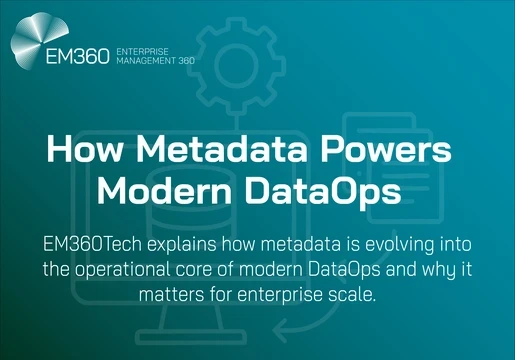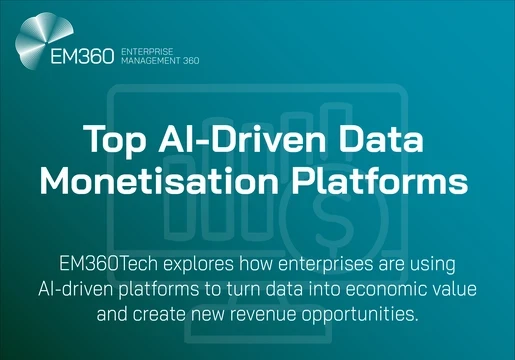Today, the enterprise data management space is experiencing a massive shift towards hybrid and multi-cloud computing environments. Indeed, a research report predicts that the global market size for hybrid cloud will grow to $97.64 billion by 2023. Hybrid cloud evidently provides a number of advantages for companies, including data agility. Nevertheless, adopting a multi-cloud strategy also has the potential to bring a wealth of data management challenges. DataStax recently released a whitepaper in order to assess the top data management challenges associated with hybrid cloud. From data governance to scaling real-time applications, there are a number of important issues that enterprises typically encounter.

Real-time customer demand
According to DataStax, high cloud usage bills exist as a fraction of a larger host of cloud-related challenges. For example, scaling to meet real-time customer demand is becoming increasingly important and complex. As Gartner's most recent IoT report predicts, the number of connected devices in use will hit 25 billion by 2021. While IoT devices are providing an influx of data into systems, enterprises first need to address IoT data management. In effect, organisations need to aggregate their data much closer to the edge using a distributed, always-on database. As a result, companies can rapidly scale their data management strategy and process data in real-time.
Data governance, availability, and portability
Data governance and security has become a critical concern for many enterprises. In order to achieve successful data governance with applications that span private on-premises environments and public cloud resources, however, data governance "needs to be a fundamental part of the design and implementation of the applications." Data availability must also be a key design principle when it comes to creating a hybrid cloud data management system. In turn, organisations can deliver products and services to customers "every moment in the way they expect." Finally, data portability is vital as it allows companies to easily move data to and from any cloud provider when required. When data is easily portable, this ultimately sets a company and its hybrid cloud deployments up for success.
Overcoming data management challenges
In order to tackle the aforementioned issues, DataStax provides the only distributed, active everywhere database designed for hybrid cloud. Specifically, DataStax allows companies to transition to the cloud with minimal disruption to business or applications. In effect, Apache Cassandra’s masterless architecture forms the foundation of the database. This is where a group of multiple servers, or nodes exist in a cluster to provide "effortless, predictable, and extremely linear scalability." DataStax essentially offers a distributed database, data portability, and full control of data. In turn, businesses can benefit from full data visibility, portability, and control, which allows them to "retain strategic ownership of their most valuable asset in a hybrid/multi cloud world."
Looking to enhance your data strategy? Check out the Top 10 Companies Unifying Data in 2019







Comments ( 0 )